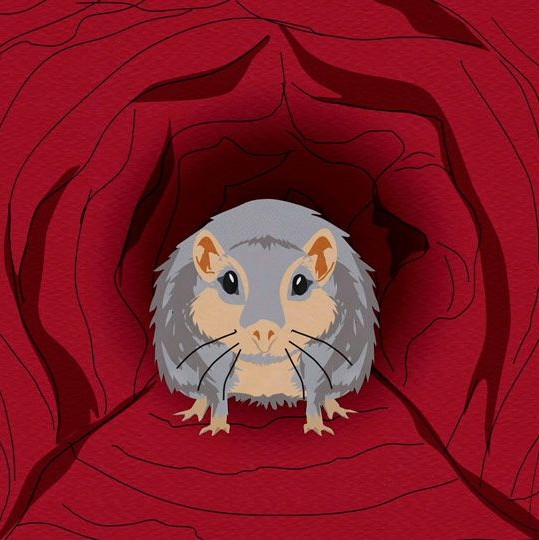I once found a baby bird and took it home. (Don’t do this. I was a kid and didn’t know any better.) Bird parents are amazing. They found the cage I was keeping their baby in and they came every day to feed him.
Some birds do the exact opposite: if they see that a human has touched their chick (even if they just leave it in the same place afterwards) they might reject it and stop feeding it.Apparently this is an urban myth.
I don’t think that’s true
Well, I was teached that by my parents, but because of your post I looked it up and apparently, as you say, that’s not true.
So cheers for getting me to check it!
I mean… they are dinosaurs.
No school like the old school :)
For context: the raven child was already ready and their parents are good parents /hj
…raven?
The joke is that German has the term Rabeneltern (raven parents) for bad parents because they throw out their kids so early
But those are definitely not ravens
I hereby formally apologize for making a not 100% accurate joke under a meme. I hope the great council will forgive me eventually
We shall see.
Please check back with us in one year.
One *fiscal year.
Which is the same as a calendar year except you can bribe the council to make it end sooner.
Mother kangaroos will abandon their joeys if they are in danger so they can flee faster. If they danger passes, they will not accept their joey again.
I get it, she’s probably really embarrassed
“You were scared like a little bitch. I can’t even look at you anymore.”
This kind of embarrassing moment ?
Interesting perspective. I never really thought about that. For a mammal to carry and protect its young it’s not that much of an energy sink. They eat food digest it and provide milk. Birds have to scavenge food and deliver it via airmail.
There’s also a lot less energy spent upfront. A mammal (except that one) carries their child for a period inside of them while they grow. A bird lays an egg, which they have to care for but they aren’t as stuck with it and vulnerable, and usually for a shorter period. Essentially, a mammal’s child represents a much larger investment, so it makes sense to put more effort into ensuring it succeeds.






